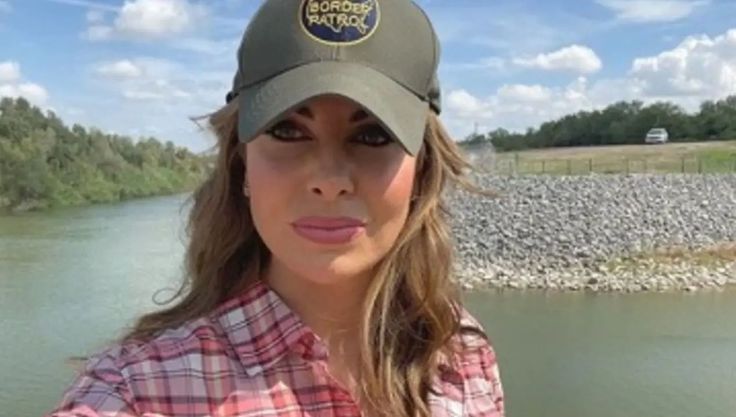Introduction
Success in a spelling bee depends on more than just memorization. Contestants must develop strategies, understand word origins, and practice effectively. This guide provides comprehensive spelling bee answers, useful tips, and expert techniques to help participants excel in competitions at all levels.
Understanding Spelling Bee Competitions
1. The Structure of a Spelling Bee
Spelling bees follow a systematic approach where participants spell words aloud after hearing them from the announcer. Competitions start with easier words and progress to more challenging ones as rounds advance.
2. Key Rules and Regulations
Each spelling bee follows specific rules regarding time limits, requests for pronunciation, and language origin inquiries. Learning these regulations in advance ensures smooth participation and minimizes errors.
How to Find the Best Spelling Bee Answers
1. Utilizing Official Word Lists
Most spelling bees use curated word lists, such as those provided by Scripps National Spelling Bee or Merriam-Webster. These lists categorize words based on difficulty levels, ensuring structured learning.
2. Studying Commonly Asked Words
Some words frequently appear in spelling bees. Examples include:
- Benevolent
- Conscientious
- Resilience
- Euphoria
3. Practicing Advanced-Level Words
Challenging words often determine the winner in competitive spelling bees. Difficult words include:
- Antediluvian
- Sesquipedalian
- Logorrhea
- Mnemonic
Effective Strategies to Master Spelling Bee Words
1. Breaking Words into Syllables
Dividing words into syllables enhances spelling retention and makes long words easier to manage.
2. Understanding Word Origins
Knowing Latin, Greek, or French word origins helps contestants deduce spellings even for unfamiliar words.
3. Mastering Phonetics and Pronunciation
Learning phonetic patterns improves spelling accuracy, ensuring that participants spell complex words correctly.
4. Using Mnemonics and Memory Tricks
Creative memory aids and mnemonics make challenging spellings easier to recall under pressure.
5. Repetition and Writing Practice
Rewriting words several times improves recall and strengthens spelling proficiency.
6. Participating in Mock Spelling Bees
Simulating actual competition conditions prepares contestants for real-time spelling challenges.
Top Resources for Finding Spelling Bee Answers
1. Online Spelling Platforms
Websites such as Spelling Bee Buddy, Merriam-Webster, and Spelling City provide interactive quizzes and word lists to help learners practice.
2. Recommended Spelling Bee Books
Books like “How to Spell Like a Champ” and “Bee Season” offer in-depth insights into spelling techniques and preparation strategies.
3. Mobile Apps for Spelling Practice
Apps such as Spelling Bee Ninja and Word Club provide personalized learning experiences and real-time challenges.
Frequently Asked Questions About Spelling Bee Answers
1. Where Can I Find the Most Accurate Spelling Bee Answers?
Reliable spelling bee answers can be found in official word lists from reputable sources such as Scripps National Spelling Bee and online learning platforms.
2. How Can I Improve My Spelling Quickly?
To enhance spelling skills rapidly, practice daily with structured word lists, break words into syllables, and use phonetic pronunciation guides.
3. What Are Some Common Mistakes Contestants Make?
Mispronunciations, incorrect syllable division, and ignoring word origins are common errors in spelling bees.
Conclusion
Mastering spelling bee answers requires dedication, effective learning strategies, and consistent practice. By using official word lists, practicing regularly, and leveraging online resources, contestants can boost their chances of success in any spelling competition. Whether competing at the local level or aiming for a national title, following these expert tips will enhance spelling confidence and proficiency.


